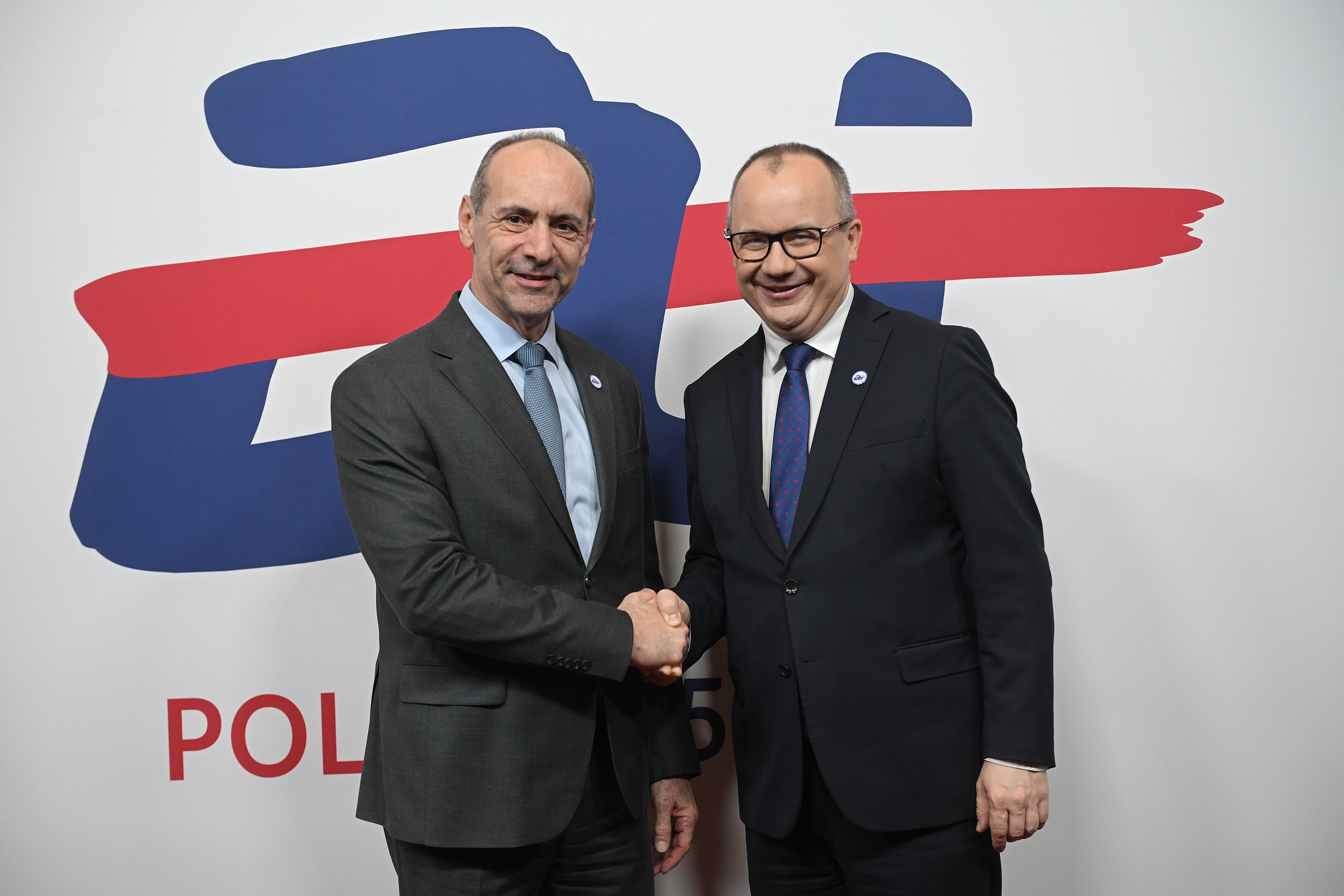Cyprus has volunteered to host EU liaison officers for Middle Eastern countries to help combat drug trafficking and organised crime.
Justice Minister Marios Hartsiotis made the proposal at an informal EU Justice and Home Affairs Council meeting in Warsaw, Poland, on Thursday and Friday.
During the meeting, ministers discussed key challenges and threats to EU domestic security, aiming to shape a new European strategy for 2025-2029. They also addressed the rule of law and cooperation between member states in the justice sector.
Speaking at the meeting, Hartsiotis noted that criminal activity is expanding and being facilitated by new digital technologies. This, he said, makes it essential for authorities to modernise their law enforcement tools with advanced technology for gathering and analysing information.
This, he said, must be done with security policies in place, so that the need to protect personal data and the confidentiality of communications was balanced.
In this effort, he said, Europol’s role has proved to be particularly important.
He highlighted Europol’s crucial role in these efforts and urged the EU to continue providing adequate funding and staffing for the agency.
Hartsiotis also emphasised that internal security should be an integral part of the EU’s cooperation with third countries.
In this framework and in the light of new threats from the volatile situation in the southeastern Mediterranean, the minister suggested placing liaison officers from the EU for countries of the Middle East, to facilitate communication and coordination in order to address drug trafficking and organised crime.
Due to its geographical proximity, Cyprus could serve as a base and headquarters for EU liaison officers, so that they could operate in conditions of safety, having all necessary amenities at their disposal, Hartsiotis said.
The suggestion was received well by the participants in the meeting, a press release on Friday said.
According to the council, on Thursday, home affairs ministers discussed strengthening EU security in the areas of migration and civil protection and the prevention of organised crime.
On the second day, justice ministers discussed challenges to the rule of law and their impact on the principle of mutual trust between member states.
Discussions covered further developments in the area of justice in the EU and possible further EU action on documenting and drawing consequences in relation to the Russian aggression against Ukraine.






Click here to change your cookie preferences